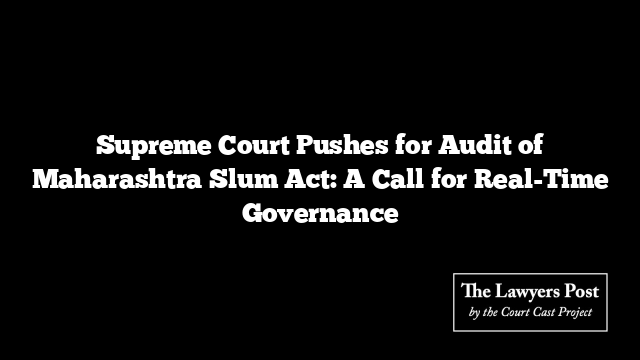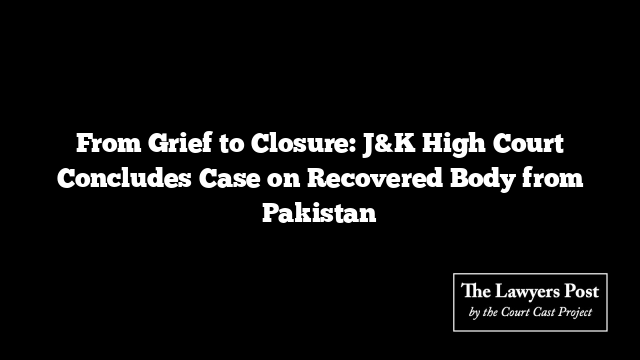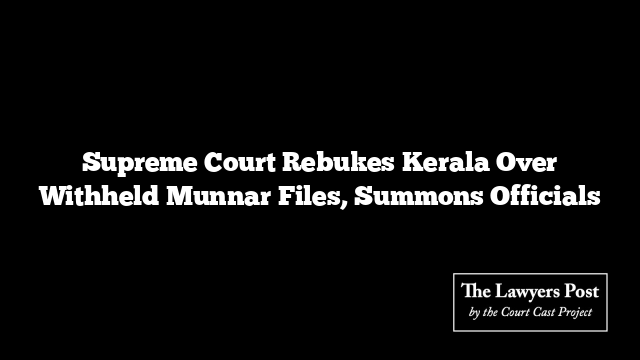In a recent move, the Supreme Court of India underscored the importance of real-time assessment of laws, spotlighting the executive’s duty to ensure statutes like the Maharashtra Slum Areas (Improvement, Clearance, and Redevelopment) Act, 1971, function as intended. The Court’s directive emphasizes that ongoing evaluation and reform are crucial for effective governance.
A bench of Justices PS Narasimha and Aravind Kumar highlighted that constitutional courts have the authority to mandate such audits, ensuring laws fulfill their objectives. They stressed the executive’s responsibility to monitor the real-time impact of statutes, adapting as needed to avoid misuse of power. The judges pointed out that legislative corrections often require a thorough understanding of a law’s practical application, including its accessibility and potential abuse.
The court’s remarks came during the resolution of a long-standing dispute involving Yash Developers and Harihar Krupa Co-operative Housing Society, related to the redevelopment of a slum area in Borivali, Mumbai. Delays in the project, caused by litigation and other issues, led the Supreme Court to criticize both the developer and authorities for their roles in the setbacks. The Court upheld a previous decision by the Bombay High Court, which had terminated the development agreement due to these delays.
To address these concerns, the Supreme Court urged the Chief Justice of the Bombay High Court to establish a bench to conduct a thorough review of the Maharashtra Slum Areas Act. This review will consider inputs from the government, statutory authorities, and senior legal practitioners, aiming to uncover systemic issues and improve the Act’s implementation.
The court outlined several key areas for review, including the process of identifying and declaring slum areas, the identification of slum dwellers, the selection of developers, and the provision of transit accommodation for displaced residents. Additionally, concerns about the independence and accountability of statutory authorities, as well as the effectiveness of available legal remedies, were noted as critical points for examination.
The Supreme Court’s proactive stance serves as a reminder of the judiciary’s role not just in reviewing but in facilitating access to justice and promoting effective governance. By advocating for a performance audit of the Maharashtra Slum Areas Act, the Court aims to ensure that the law serves its intended purpose and addresses the needs of those it aims to protect.





